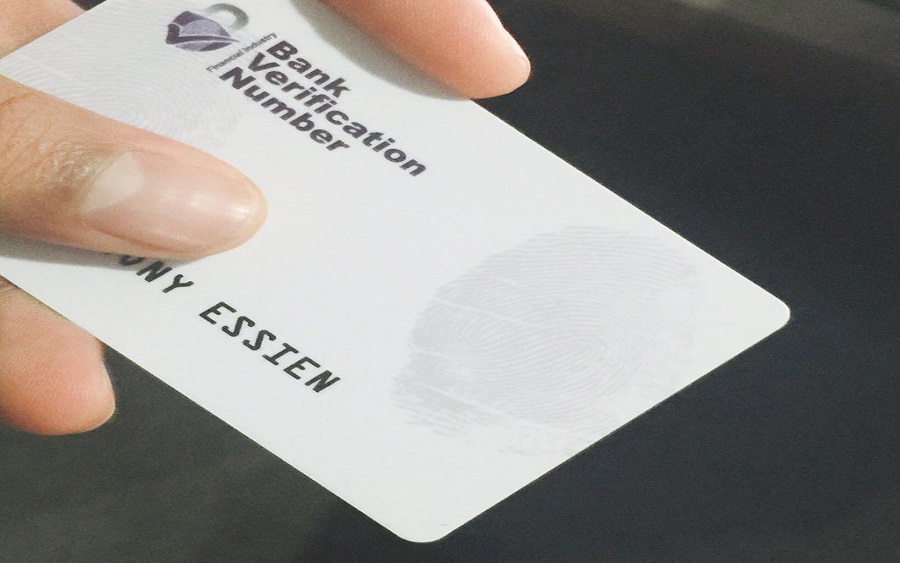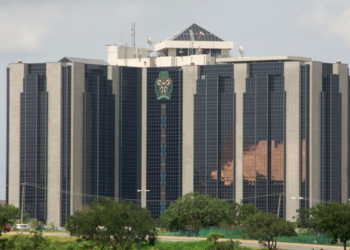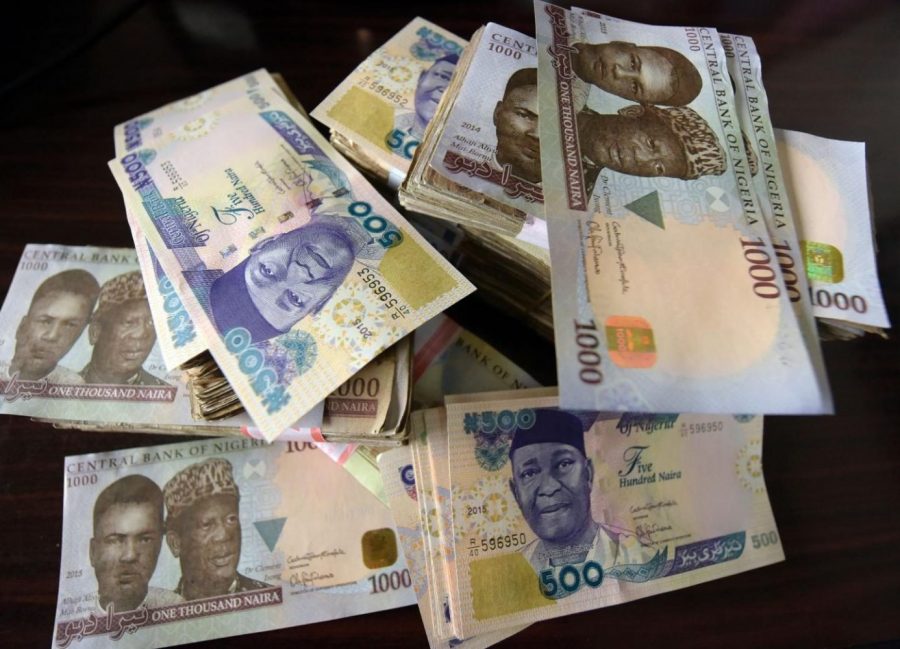About five years after the introduction of the Bank Verification Number (BVN) by the Central Bank of Nigeria (CBN) in 2014, some 34.728 million bank accounts across Nigeria are yet to be linked to BVNs.
Data released by the Nigerian Inter-Bank Settlement Systems (NIBSS) on June 23rd of June, disclosed that only seven hundred and fifty-eight thousand (758,000) bank accounts were linked within the last two months. This brings the total number of linked accounts to 38,198,207, up from 38,026,393.
Total Bank Accounts: Meanwhile, the total number of bank accounts in Nigeria as at May 2019 is pegged at 122.071 million. This indicates an increase from the 121.63 million bank accounts that were recorded in April 2019.

Also, the total number of active bank accounts as at May 2019 stood at 72.936 million, marking a decline by forty-one thousand from the (72.977 million) obtained in April 2019.
Meanwhile, the categories of bank accounts was majorly dominated by the savings account holders which stood at 89.6 million saving accounts numbers, while the current accounts was hinged at 29.15 million as at May, 2019.
The data analysis from the NIBSS indicates that the registration of biometric verification numbers has been on the low compared to the rate at which bank accounts are being opened across the country.
[Read also: Electronic banking is profitable in Nigeria]
What this probably means is that banks are not strictly adhering to the biometric registration process prior to opening new accounts. Instead, they are more interested in just opening new accounts which are often left dormant after a while because customers do not operate them.
[Read More: NDIC accuses banks of shielding fraud cases involving staff]
Measures to tackle this: In the meantime, most Deposit Money Banks (DMBs) in Nigeria have begun to either close down or restrict bank accounts with incomplete BVN details. Nairametrics also reported that commercial banks have announced plans to begin the freezing of corporate accounts that do not have the requisite BVN details of all the signatories, Directors and or beneficial owners of the accounts.
The BVN is seen as a significant tool to fight corruption or fraudulent acts by account holders, as every individual can be traced or identified through their details with the bank.
[Read Also: BVN holders have no access to financial services]
Industry analysts are of the opinion that the large figure of BVN not yet linked to bank accounts may not likely decline as most banks allow account openings without BVN on their sites. This has also contributed to the increasing number. However, it has led to an increasing number of inactive bank accounts, and unclaimed funds in banks.
The Central Bank should collaborate more with Deposit Money Banks and other necessary stakeholders in the industry to enforce the registration and linking of BVN numbers to bank accounts as well as the images.
This measure, will go a long way to address identity theft, reduce fraud within the system and also enhance transparency and credibility in the financial services sector.
[Read Further: NDIC accuses banks of shielding fraud cases involving staff]

























